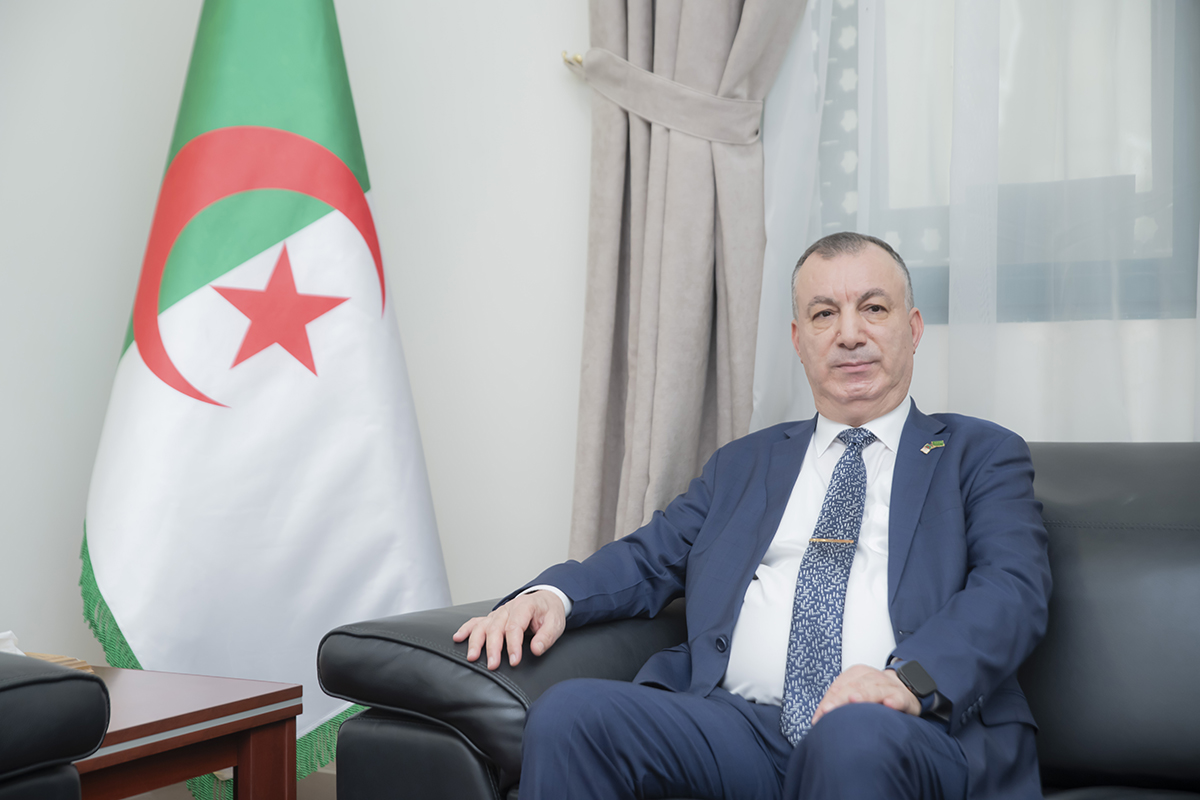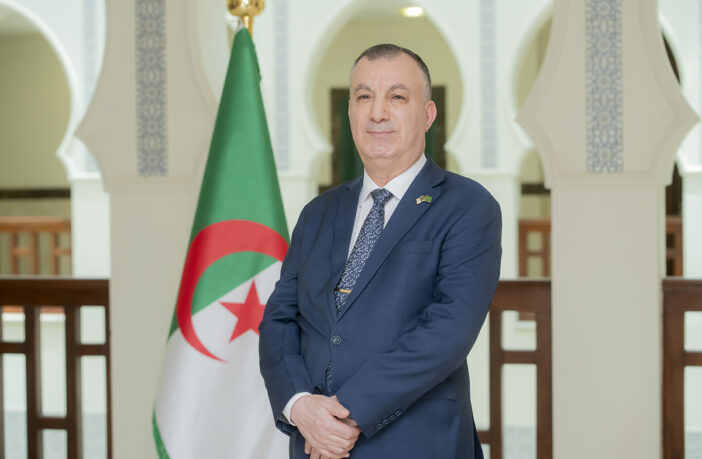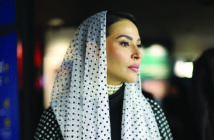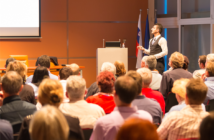Bilateral ties between Saudi Arabia and Algeria are enduring. What would be your remarks on the latest achievements? Where do you see the potential for growth?
Algeria and Saudi Arabia enjoy historical and longstanding relations dating back to the Algerian Glorious Revolution whose 70th anniversary was marked in November 2024. His Majesty King Saud provided the Algerian Revolution leaders with diplomatic and financial support, thus contributing to the recovery of Algeria and its independence on July the 5th, 1961. Since that time, these brotherly relations continued to strengthen despite the changes occurred at the internal and international levels.
Recently, the strong diplomatic ties have been significantly complemented and enriched by the establishment of the Algerian-Saudi Supreme Coordination Council, which will undoubtedly usher in a new era of excellence in the relations between the two countries. Although the Saudi-Algerian mutually beneficial cooperation has recorded a number of achievements, there is still a huge potential to be unleashed upon insofar, as both countries have enormous capabilities and complementarities in terms of available resources, production and transformation capacities, as well as human capital.
I believe that Algeria and Saudi Arabia can and should strengthen their economic ties to bring them to the level of excellent political relations, beyond the hydrocarbons in which both countries are rich and are thus members of the Organization of the Petroleum Exporting Countries. As part of its strategy to increase exports and diversify sources of income in order to gradually eliminate excessive dependence on oil and gas, Algeria can supply the Kingdom with capital goods, both industrial goods and agri-food products. In turn, Saudi Arabia can take the advantage of the huge potential that Algeria offers to invest in all areas from mining to agriculture and tourism.

Saudi Arabia and Algeria have oil-based economies. Apart from oil, what do you consider as an asset for the Kingdom and Algeria to be nurtured for the future of the country?
Mining resources, renewable energy, agricultural potential, tourism, services, industrial transformation, etc. Similar to the Saudi Vision 2030, the new Algerian Economic Model, initiated and promoted by President Abdelmadjid Tebboune, is based on diversifying sources of national income by encouraging foreign direct investment, expanding job creation opportunities, replacing imports with local production and increasing exports, especially to African and Arab countries. Algeria boasts a total arable area of 48.1 million hectares, in addition to 32.7 million hectares of pasture land and 4.1 million hectares of forests, even though the real potential is to be realized in the Sahara agriculture due to the existence of huge reserves of fresh groundwater, estimated at several hundred billion cubic meters. The same applies to the tourism sector, which is now given special priority for development in line with start-ups and the green and circular economy.
Yet, the most important asset that Saudi Arabia and Algeria possess is human resources, which is why both have launched very ambitious educational and training policies.
In 2016, Saudi Arabia and Algeria announced their national transformation plans known Vision 2030. How can these two concepts be synergized to transform oil-dependent economies?
Both countries can capitalize on their comparative advantages through bilateral mechanisms and the Greater Arab Free Trade Area to complement each other and diversify the structure of their economies to mutual benefit. As part of this answer, I will share some factors that can facilitate and contribute to this process.
Algeria’s Program 2030, under the leadership of President Abdelmadjid Tebboune, aims to achieve the country’s transition to an “emerging country” by strengthening and reinforcing major economic balances, strengthening national production as an alternative to imports, to continue the implementation of giant projects in the energy and mining sector, to complete the digitalization process and generalize smart education, and to combat corruption. The Program aims to achieve self-sufficiency and food security, particularly in cereals (wheat, barley and maize), and to build two million houses. The Program also envisages accelerating financial reforms, transferring financial allocations to the productive economy, initiating tax reforms, removing administrative obstacles, improving various tax collection processes and optimizing public expenditure.
Saudi Arabia’s Vision 2030 is focused on diversifying the economy, reducing the country’s dependence on oil, and transforming various sectors to create a vibrant society, a thriving economy, and an ambitious nation. It aims to create a balanced and diversified economy, enhance the quality of life for citizens and residents, and position Saudi Arabia as a global investment powerhouse and a dynamic hub connecting three continents: Asia, Europe, and Africa.
As a career diplomat, what will be your definition of diplomacy and its role in serving to global community?
I can define it as the practice of managing international relations through negotiation, dialogue, and communication. It involves representatives of states or organizations working together to resolve conflicts, build alliances, and advance mutual interests without resorting to coercion or violence. Diplomacy can play a critical role in promoting peace and stability, facilitating cooperation, building trust and understanding, advancing human rights, addressing global challenges. Diplomacy is essential in tackling global challenges, such as climate change, terrorism, and pandemics, insofar as it provides a platform for collective action and coordinated solutions. It is a key instrument for achieving a peaceful, cooperative, and prosperous global community, whereby nations work together for the common good.




